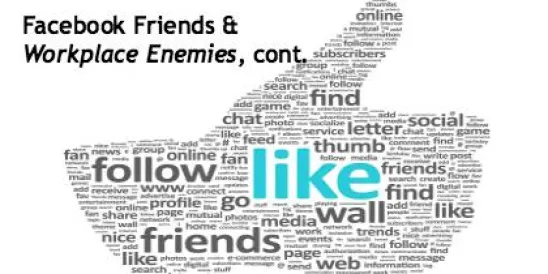On November 11, 2013, I provided details about the Ehling case wherein an employee had made an inappropriate Facebook post and, unbeknownst to her, had that Facebook post sent to her manager by a Facebook “friend” and coworker.
When the plaintiff, Ehling, was suspended from her hospital job because of the post, she sued in federal court alleging a violation of her rights under the SCA. The District Court found that non-public Facebook wall posts are protected by the SCA. A key factor in the Court’s ruling was thatEhling had configured her privacy settings so that her posts were only viewable by her Facebook friends.
Despite this protection, the Court held that the hospital was not liable because one of the SCA’s exceptions applied. Specifically, the exception was conduct authorized “(1) by the person or entity providing a wire or electronic communication service; [or] (2) by a user of that service with respect to a communication of or intended for that user.” Because Ehling had “friended” her coworker, giving him access to her Facebook wall, and the coworker had provided management with the posting without any solicitation, the exception applied.
If the hospital had asked the paramedic for the information or to keep them apprised of a fellow employee’s online activity, it would have led to a SCA violation. The access would be unauthorized.
The lesson learned from Ehling is that employers should be cautious when presented with an employee’s social media account material by another employee. While the posts may warrant some kind of action being taken against the subject employee, if the information is solicited or requested by the employer, it could lead to a federal violation.



 />i
/>i

